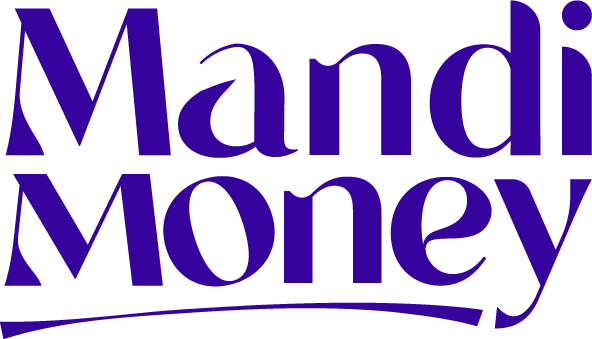A Mysterious $12,000 Credit Card Almost Ruined My Apartment Rental Dreams
Credit card fraud nearly ruined my chances of renting an apartment in NYC. I shared this story with PolicyGenius in their newsletter this week. Read on for a full account and tips on how you can prevent and deal with credit fraud.
When I look back on my early 20s, one of the most stressful periods of that decade was definitely the several hectic weeks I spent apartment hunting in New York City.
At the time, Craigslist was still the dominant force in rental real estate. My roommate and I spent hours combing through bright blue hyperlinked listings, doing our best to fit together blurry jpegs into a digital jigsaw puzzle resembling the layout of the apartments. We raced home after work for meetings with rental agents who never showed or revealed that the apartment we saw online was no longer available but they were happy to show us another unit half the size with fewer amenities and twice the rent.
We once walked away from an apartment viewing when the agent asked us for copies of our social security cards AND passports. He proceeded to follow us in his car for a block or two trying to change our minds.
Finally, we found a decent place at a price we could afford. It was a tiny basement unit belonging to a kind but extremely nosy Italian woman named Nina who lived upstairs. Her lawyer, Gabe, gave us a tour of the miniscule kitchenette, two bedrooms and bathroom. There was no living room or natural light but it had a working dishwasher, which was a rare find for 99% of places in our price range. Rent was $1600 a month.
I knew we’d need to complete a credit check, so I downloaded my report from Equifax to be sure it was in good shape. And then I saw it — a credit card account I had no recollection of ever opening. It was a Chase card opened in 2005 (the year I graduated high school and turned 18) with a $10,300 limit. The current balance was a whopping $12,166 and the card was so severely delinquent the bank had closed the account entirely. Sure enough, my rental application was denied when the landlord found the account.
I scrambled to file a dispute with the credit bureau and it took a month or so before it was removed from the account. I wrote a 500-word note basically begging the landlord to trust my account of events and, fortunately, she did. I offered to pay an extra month’s rent and showed several years worth of on-time bill and rental payments.
Credit fraud is no joke. The Covid-19 pandemic brought a huge spike in credit and debit card fraud, increasing 35% in dollar volume year over year, according to the Wall Street Journal.
As a consumer, it can feel like we’re totally powerless to prevent it. Fraudsters don’t even need to steal our physical cards, as ecommerce makes it pretty easy for anyone to shop online with card details alone.
Here are a few tips I learned from my ordeal and how you can build a good defense against fraud.
Report fraud immediately to your bank.
This one is a no-brainer. Call your bank to report fraud so they can cancel that card and issue you a new one.
Always shop online with a credit card.
Credit cards have $0 fraud liability, which means if someone makes fraudulent charges, you won’t be held liable for them. You have to report fraud really quickly on debit cards in order for the banks to completely refund you.
Keep an eye out for small mystery charges.
This has happened to me many times over the years. I spotted a small charge for $14 or $35 and then before I knew it a whopping $500 charge would appear at some hotel I’d never heard of in a state I never visited. Sometimes fraudsters will test your card with smaller purchases to see if they’re accepted and then go HAM on a larger purchase.
Set up transaction alerts for your cards.
I am pretty paranoid (for obvious reasons) so I ask my banks to send me an email anytime there’s a transaction over $1 on my cards. This way, I don’t have to monitor my accounts all the time and I can quickly scan my email for any charges I don’t recall making.
Monitor all three of your credit reports.
There are three credit bureaus (Equifax, Experian, and Transunion) and it’s important to check your credit report with each bureau individually. Sometimes, fraud only appears on some of your reports, not all. But because you often don’t know which credit bureau a future landlord or creditor will use to run your credit check, it’s wise to make sure all three are clean. Use annualcreditreport.com to get reports from all there.
Files disputes for any errors or fraud.
When I saw the bogus card on my file, I immediately filed a dispute with the credit bureaus. There’s usually a simple online form you can fill out to do so. Don’t just look for big errors like accounts you never opened. Look for wrong addresses or misspellings of your name as well, because they might bring trouble down the road.
Keep Exploring
Meet Mandi
Mandi is a relentless financial advocate for women of color and unapologetic about the importance of building wealth in Black and brown households.








